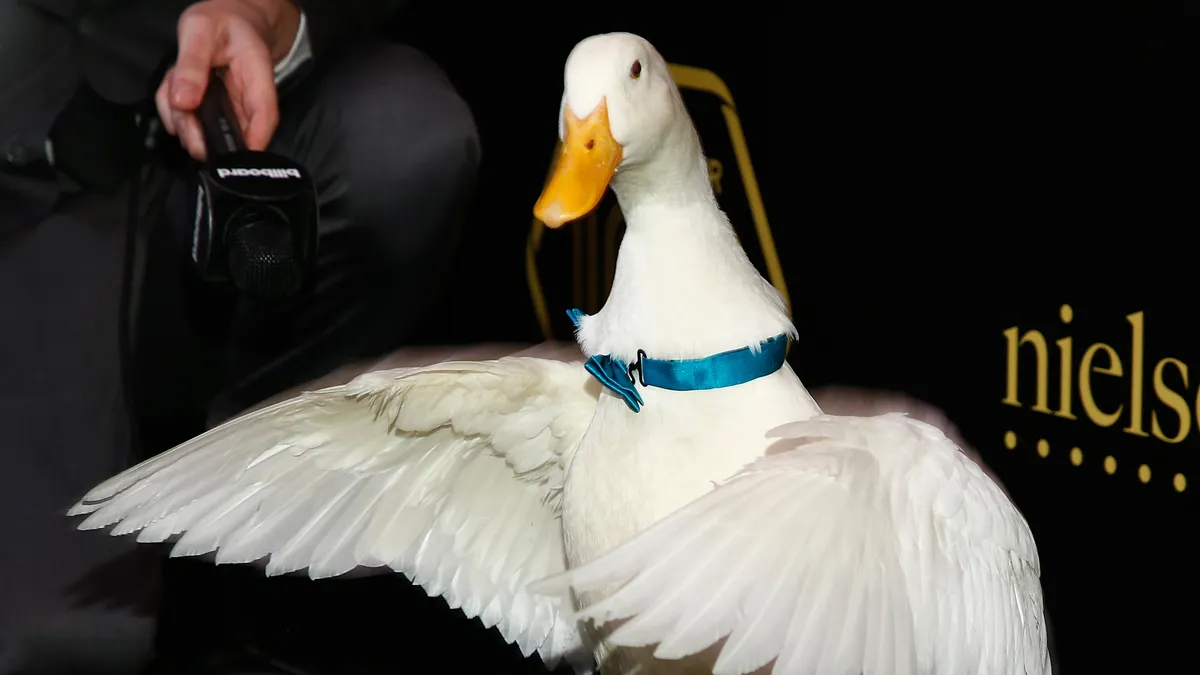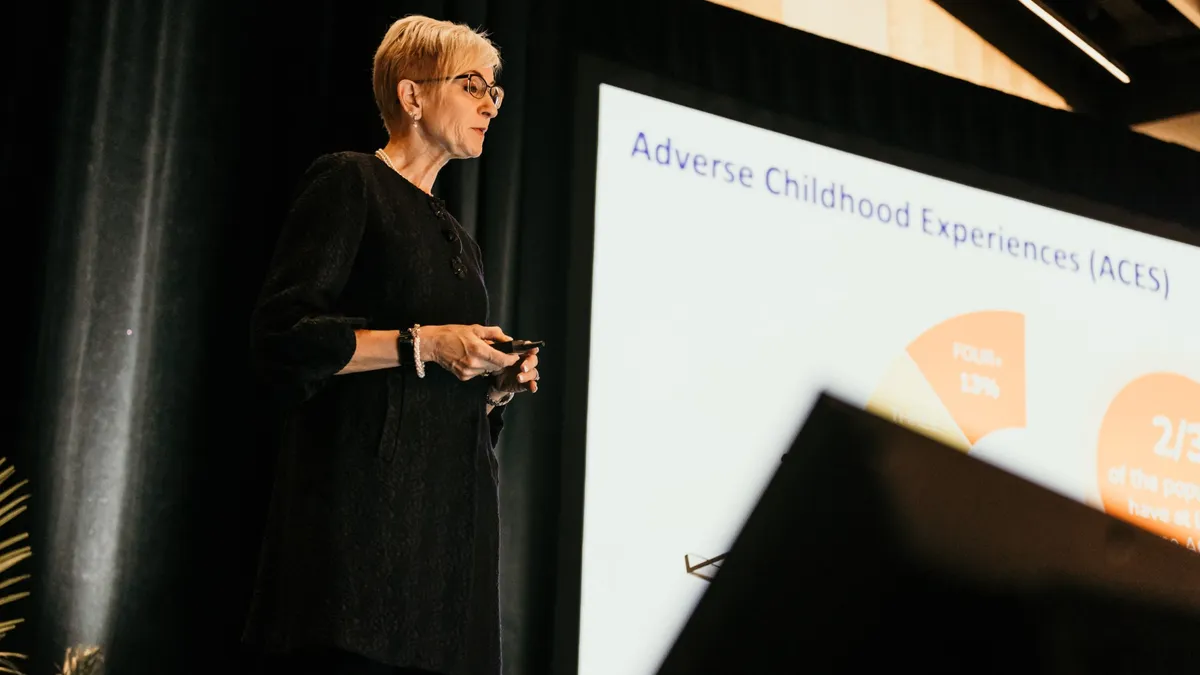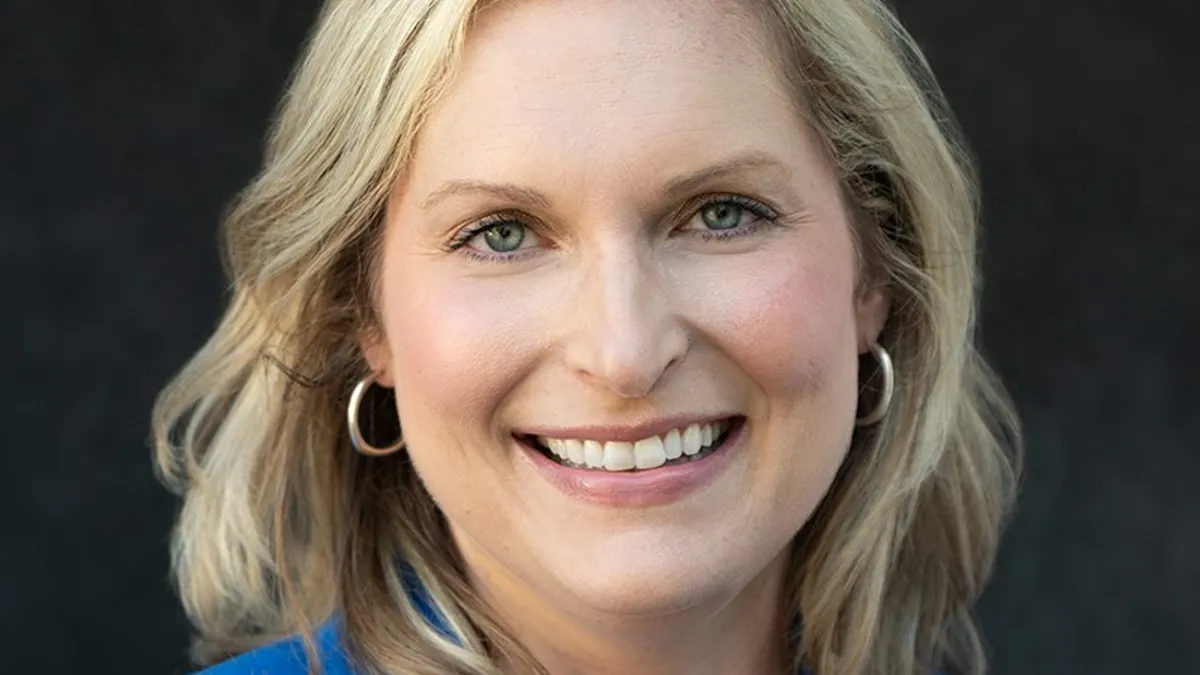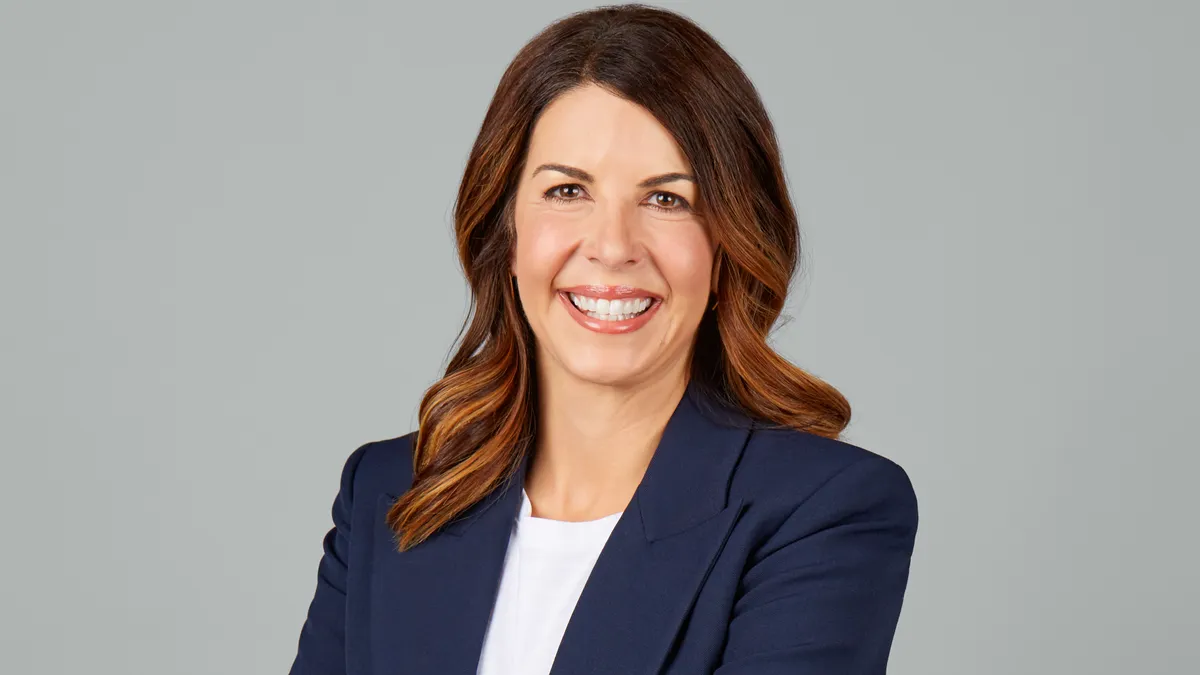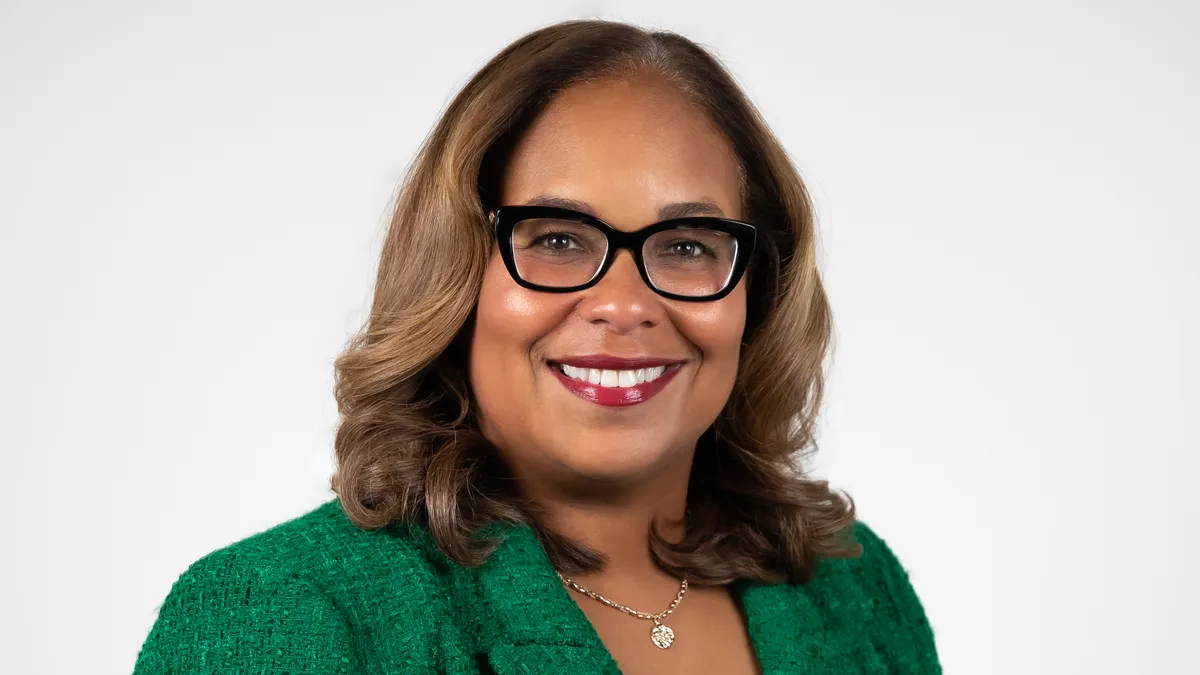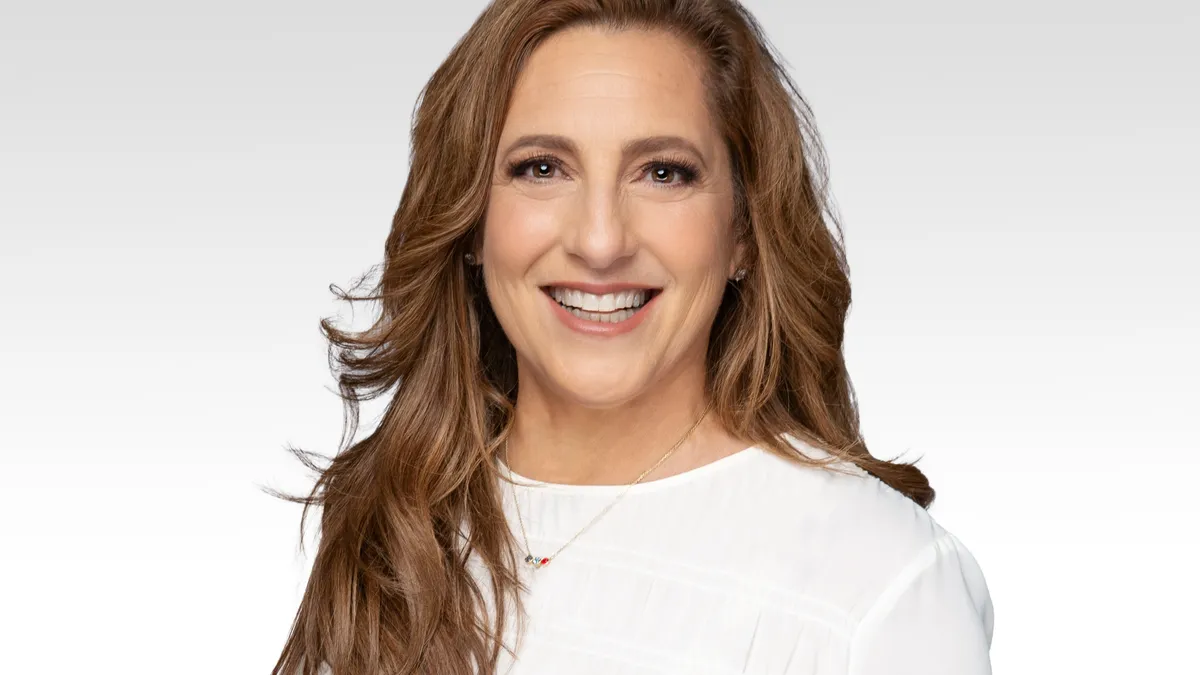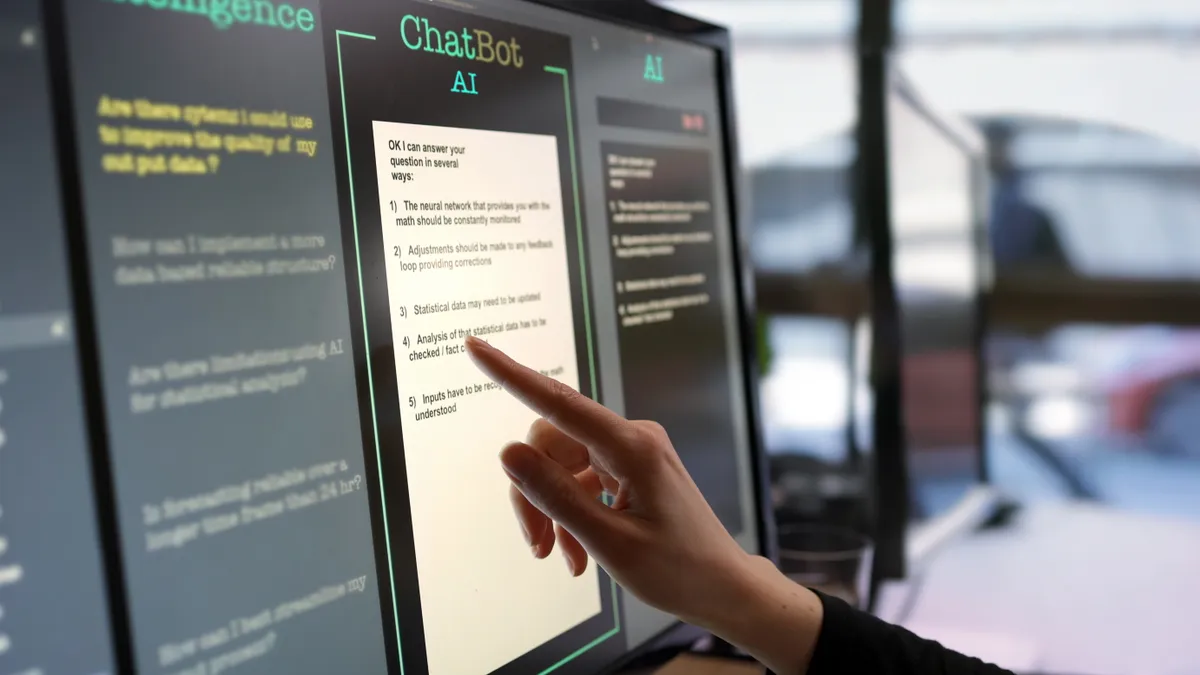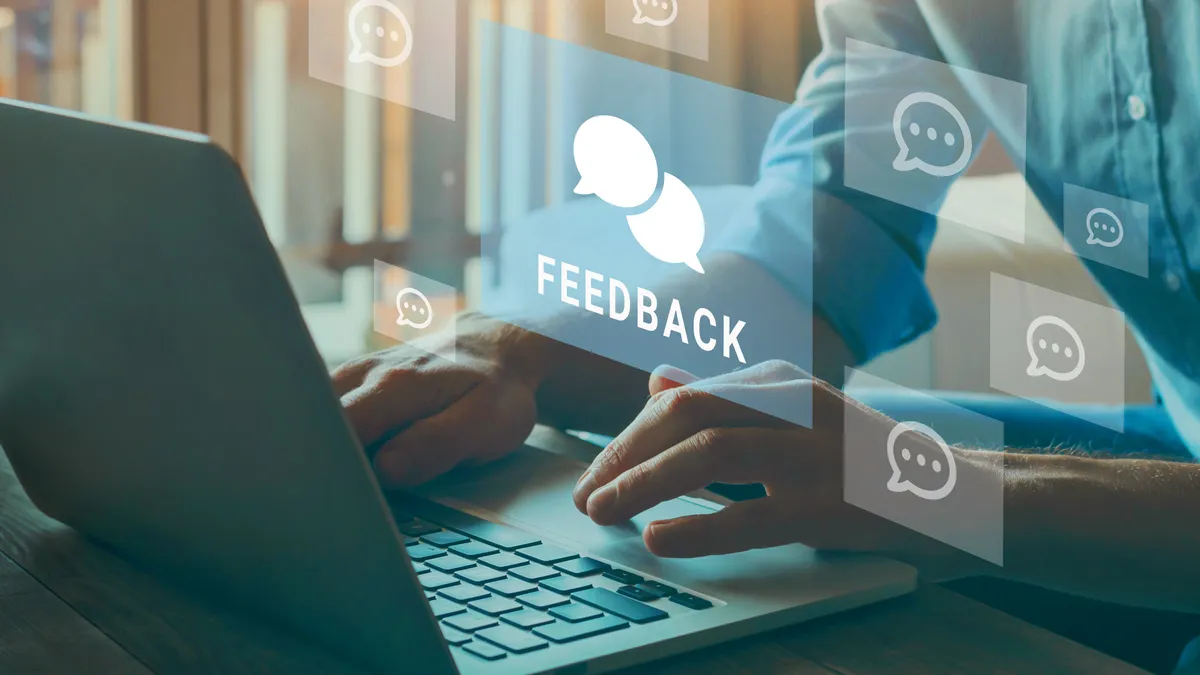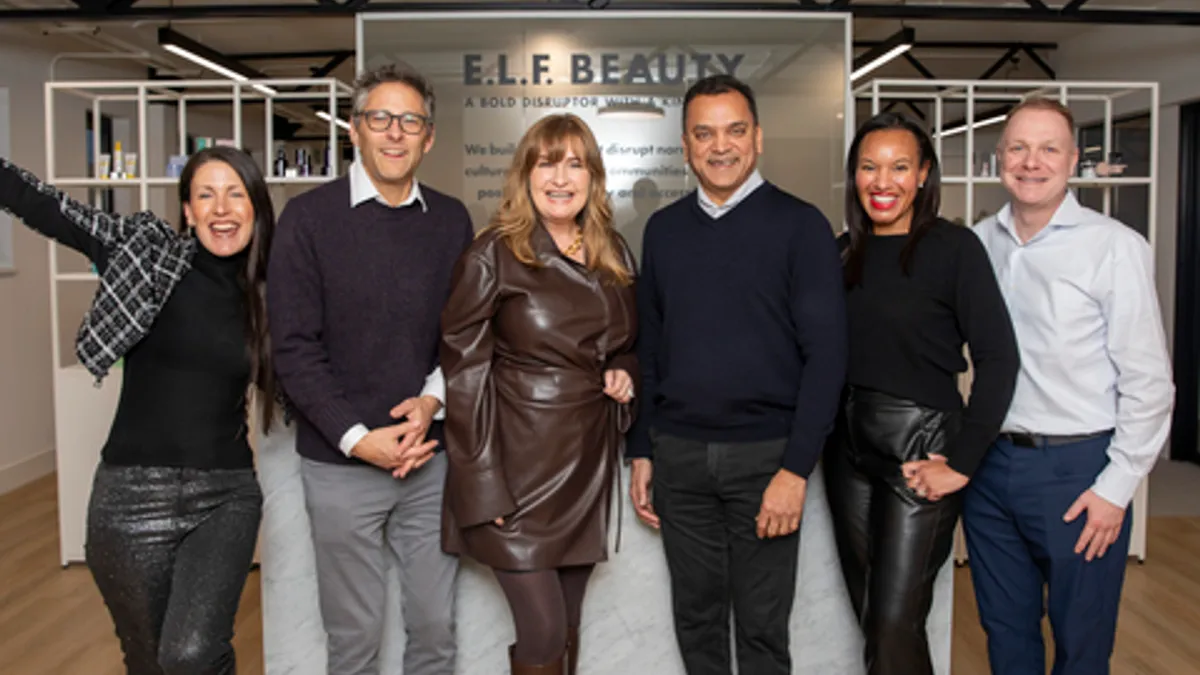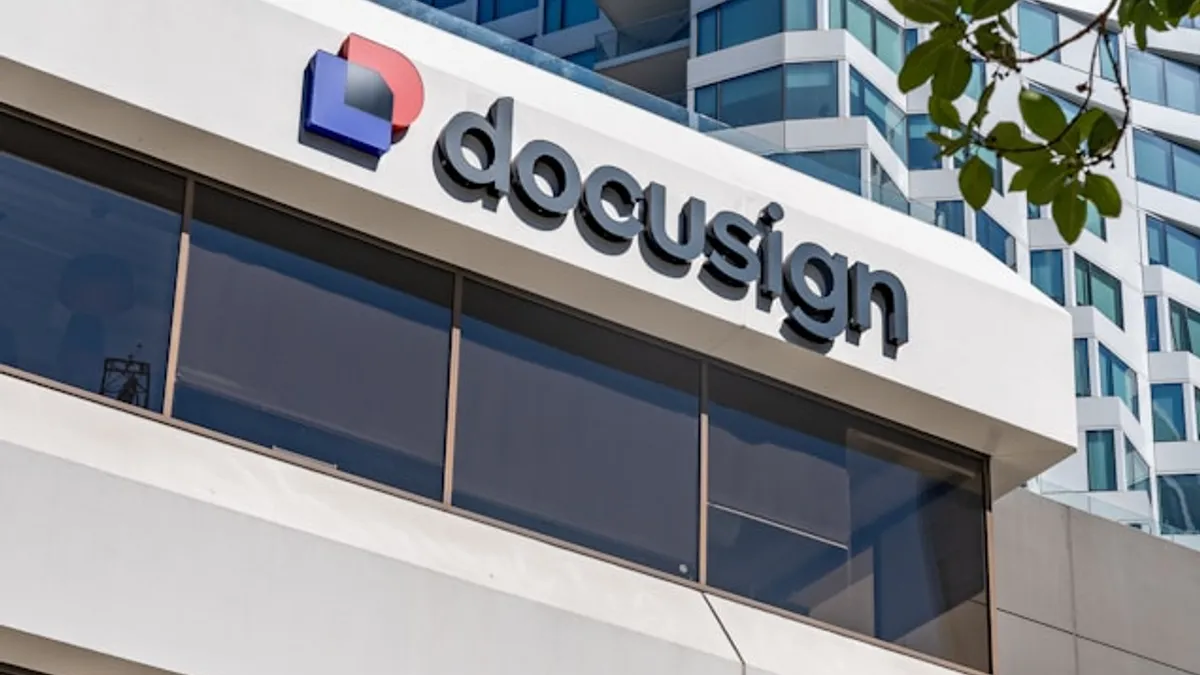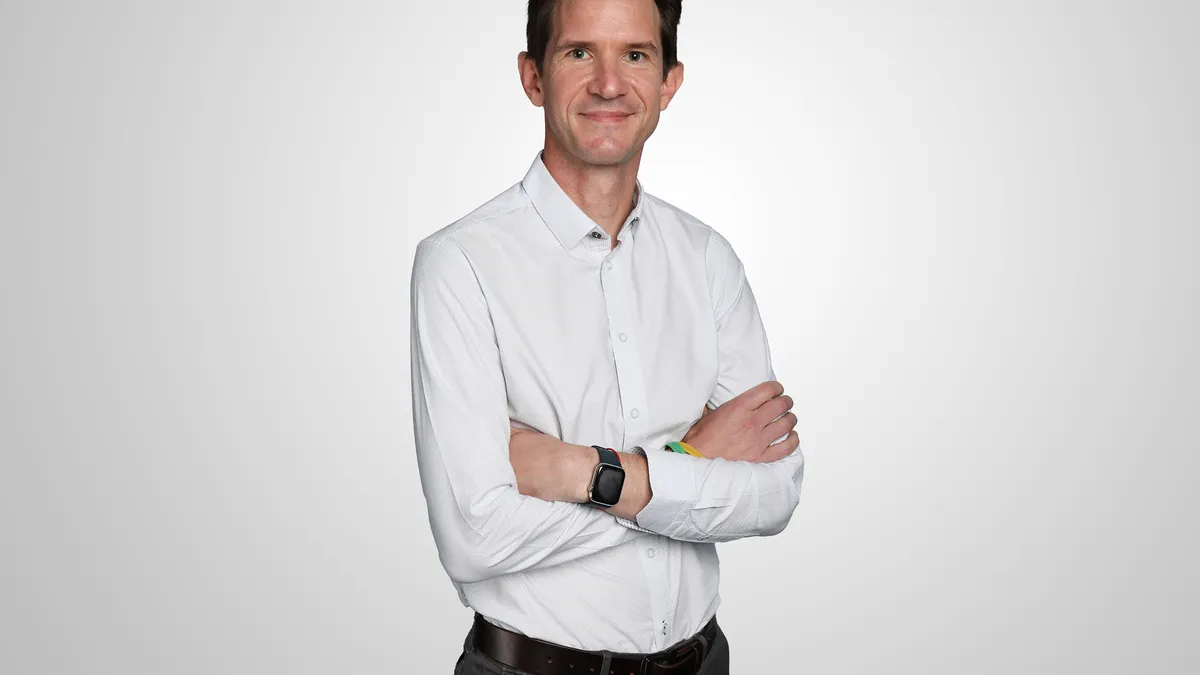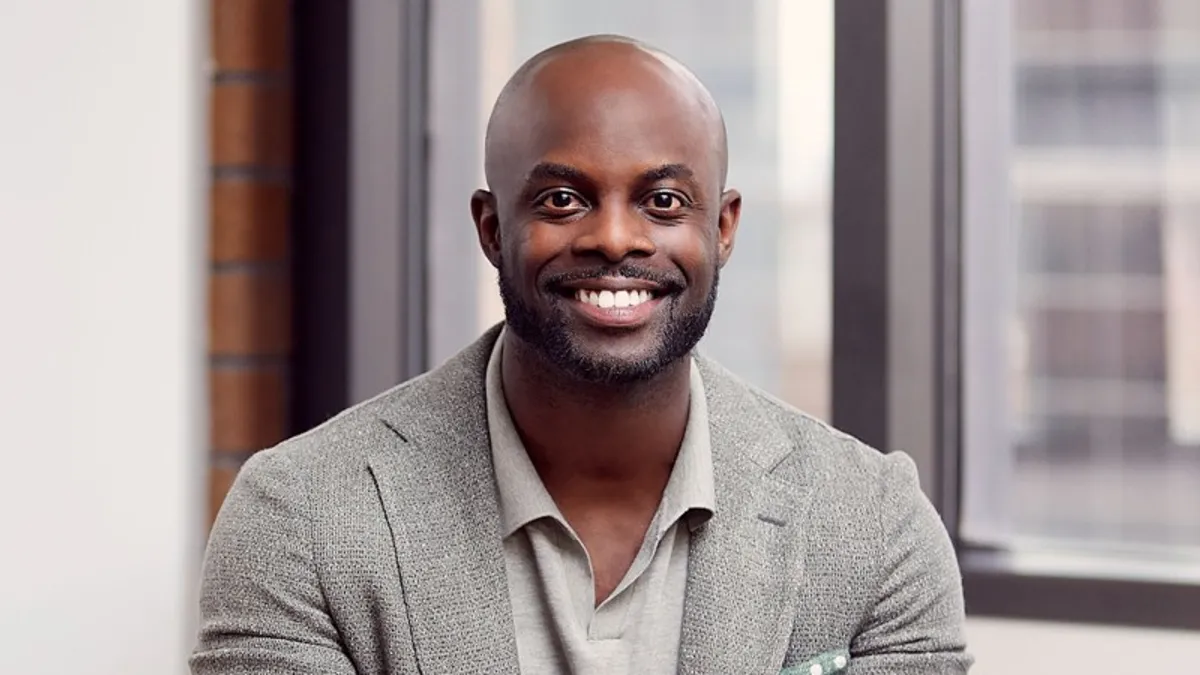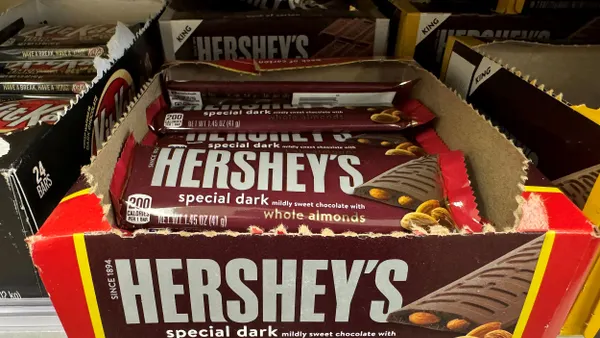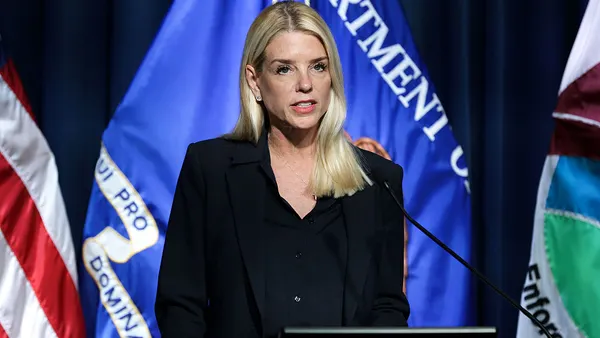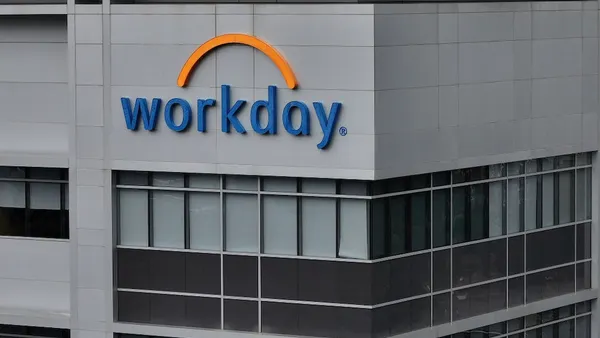In his 25 years in human resources, Matthew Owenby has seen the industry come into its own. It’s taken on greater weight in organizations and required more professionalism by its practitioners. But, despite those changes, he said, one of the core tenets of being a people officer remains true: treating people the way you would want to be treated goes a long way.
During his career, Owenby has worked for several large companies, including Bank of America and GE. He’s been with Aflac for more than 11 years.
This conversation was edited for clarity and length.
INDUSTRY DIVE: What brought you into human resources in the first place?
MATTHEW OWENBY: My father was an HR professional when HR actually was really more like training and safety, back in the 60s and 70s. He and I are very, very close. So I wanted to be like him.
What kind of changes have you seen in the industry since you started?
As employee expectations and experience and engagement are more of a factor companies have been focused on, there's been more and more professionalism reach in the function requiring a higher and higher level of education experience, both formal experience and assignment experience. HR professionals have become more professional and more focused on the skills and experience in HR over those years.
If you could change something about the industry, what would you change?
The main thing I would change is the negative stigma that I think the culture has against HR. I think a lot of it, frankly, was well earned in the past, but it's so unusual to find a Dilbert version of HR these days. It's really, really unusual, yet, you’ll see it highlighted here and there.
The perspective of HR people is that we're some sort of demonic force on behalf of the corporation that sits around and does nothing but think about how we can enhance the corporation at the cost of the employees. That’s just not real. Of course, people have had good and bad experiences with HR, but they've had good and bad experiences with the DMV and teachers and pilots and everything in between. I would change the stigma that you have this sort of evil employer type HR person.
What would people be surprised to know about you?
I'm an extraordinarily boring person. Perhaps the most boring person you've met. I mean, my out-of-work activity range is very, very small — driving to my house and sitting with my dogs and reading books and that's about it.
What kind of books do you like to read?
It depends on the season. I am currently reading The Foundation, which is an excellent book and is kind of the source material for Star Trek and Star Wars and Dune. I like to read really light sci-fi during the summer, and then I kind of shift to kind of Tolkien in the fall. In the winter, I'll read a lot of business things.
What's your guilty pleasure?
Crossfit, for years. It can be quite an addiction really. That's why I think about it like a guilty pleasure. Everywhere I go, when I travel, I find myself finding a Crossfit gym to get a workout in. I just love it. I love meeting new people and going to new gyms.
What are words that you live by?
One of the reasons I was so attracted to Aflac is that so many of the values appealed to me. It's about treating people with dignity and respect. Even in the most difficult times, when it would be “natural” to be nasty — during termination or when disciplining — I find that's when people need the most dignity and respect and compassion. No one wants to have those weird interactions but I think treating people with dignity and respect is just table stakes here. I think it's one of the things that is the secret sauce of the organization. It doesn't really matter what level you are; we treat everybody with dignity and respect like we would want to be treated. It's very simple. It's not complicated, but it's something that people take for granted.
I also try to remind myself every day about how grateful I am to have what I have and to do what I do. The world and the country are not in the most perfect places, but there are a lot worse things that could be happening to me on a daily basis.
What's your favorite rule to break?
The speed limit? As much as possible. I don't know why that is.
What is your biggest goal for this year?
I have been given two or three new organizations, so my goal has been to integrate them into the broader group that I already lead in a way that they feel welcome. I want to be an effective leader because I have new responsibilities and people are new to me. Some of the ways that I've started the integration process is by meeting with every single new person personally. One of the things that's frustrated me over the years, not here, but in other corporations, is not knowing the person that is calling all the shots and making all the decisions. So, every time I get a new group of people, I try to meet literally with every single person individually, so at least they can say that guy's a real idiot or yeah, I've met with him, and I have a sense of why he's thinking the way he is.
Do you have people that you turn to for advice, or do you have a mentor?
I've been blessed here to have several mentors along the way. One of them is our general counsel, Audrey Boone Tillman. She's been my coach and mentor for a decade. Another mentor is Teresa White. She was our president over the last 20 years. They're my go-to whenever I have anything going on. And they’ve given me an abundance of their time over the years and taken an interest in making me better. It's a great relationship, and I've benefited from it literally every single day in one way or the other.
Do you have a favorite travel destination?
I like all elements of the Caribbean. I love to be in the Caribbean. It makes me feel a little bit like Jack Sparrow, a pirate. Blue waters. Great people. I love the culture. It’s very laid back. It's always warm. I do not like cold weather at all, even though I've lived in very, very, very cold weather places.



